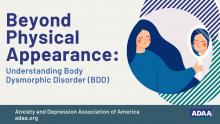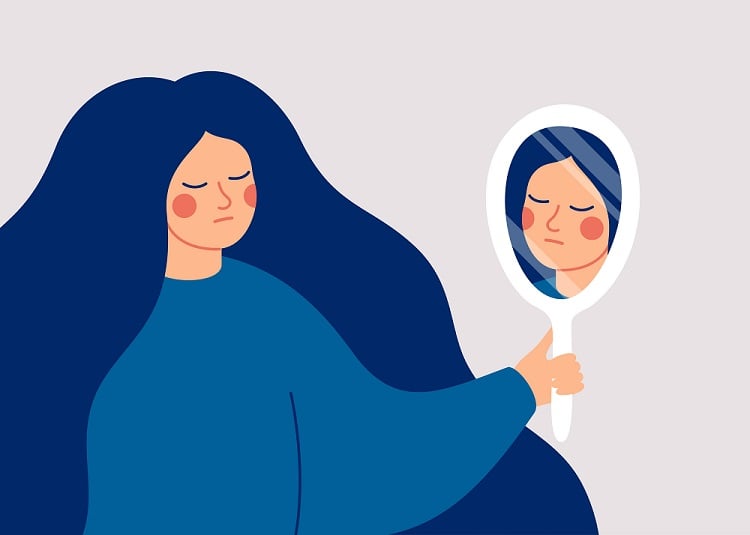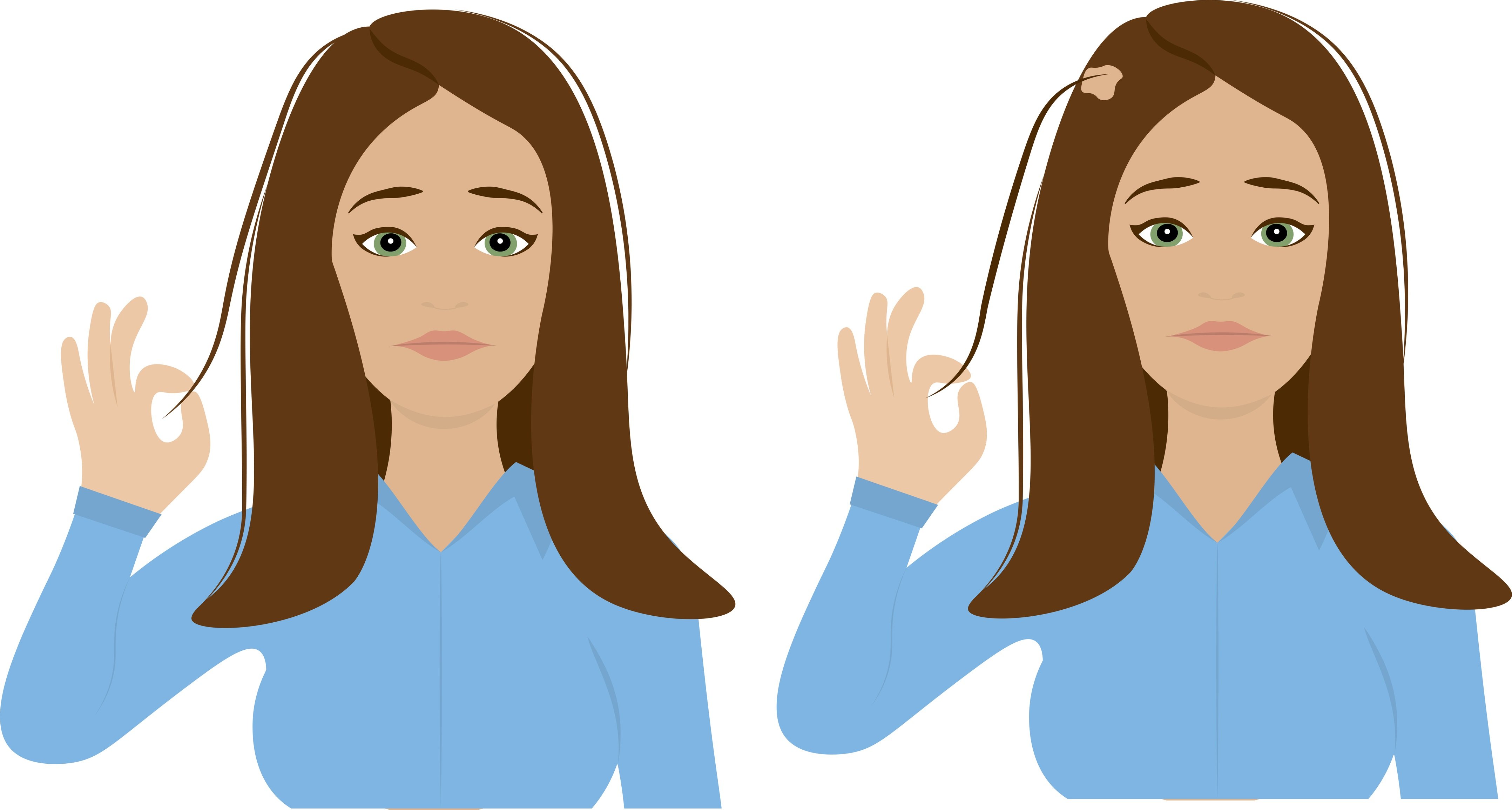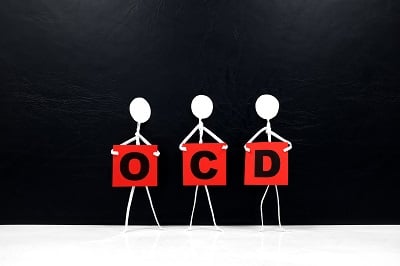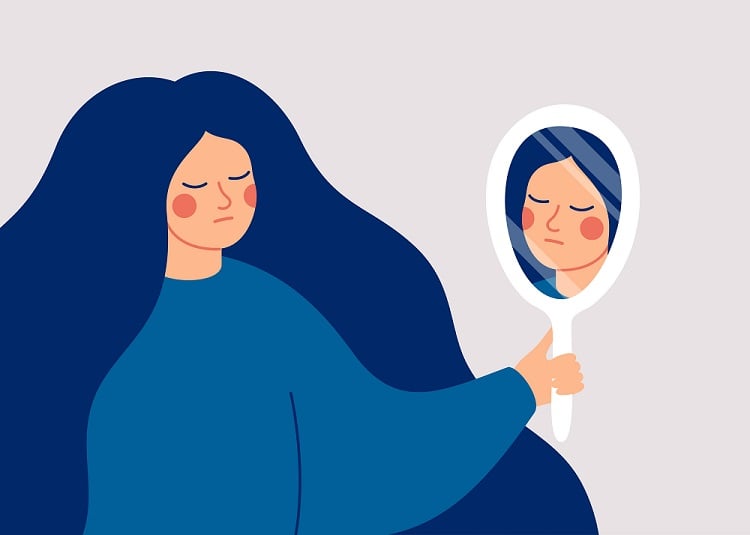
January 14, 2022
Scott Granet, LCSW
and
What is Body Dysmorphic Disorder (BDD)? It’s a disorder of great distress about one’s physical appearance, with tormenting obsessions and compulsions.

July 1, 2021
Hilary Weingarden, PhD
and
Although remission rates are key efficacy benchmarks that patients are likely to ask for before beginning psychotherapy, little data exist on remission rates after psychotherapy for body dysmorphic disorder (BDD). This webinar presents remission rates following 24 weeks of therapist-delivered cognitive behavioral therapy (CBT) or supportive psychotherapy (SPT) for BDD (N=120), using secondary data from a large, randomized controlled trial (Wilhelm et al., 2019).
Resources
Body Dysmorphic Disorder Resources
Treatment
Effective treatments are available to help BDD sufferers live full, productive lives.


